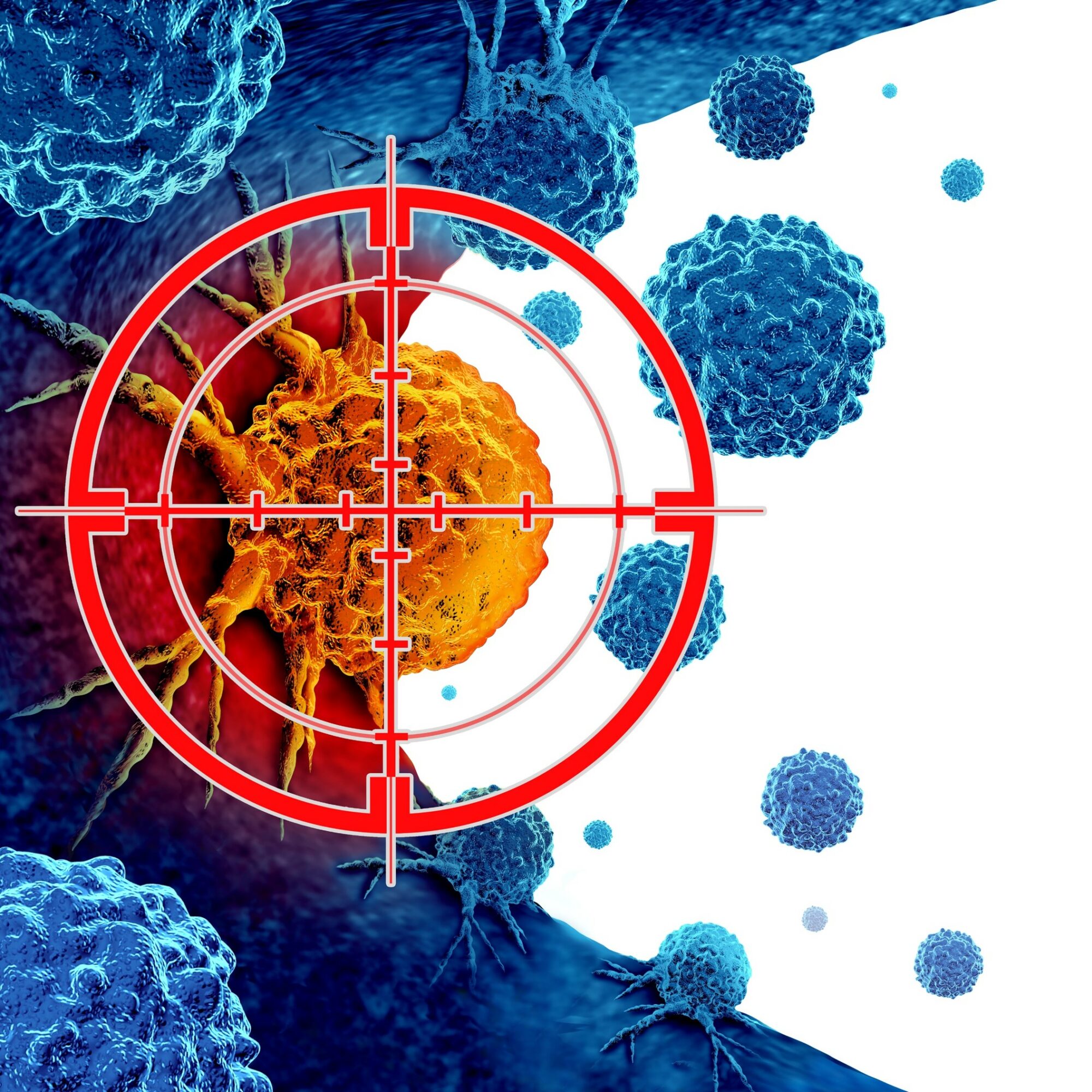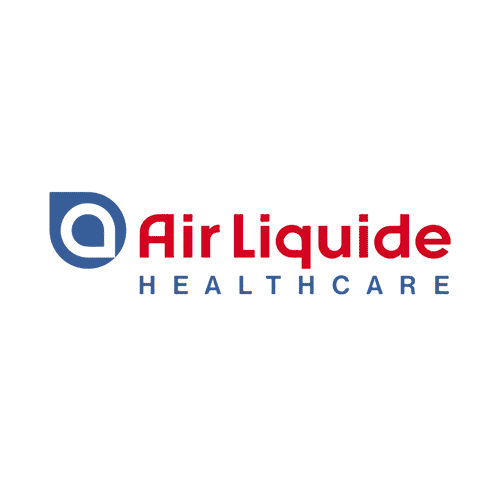
mAbs
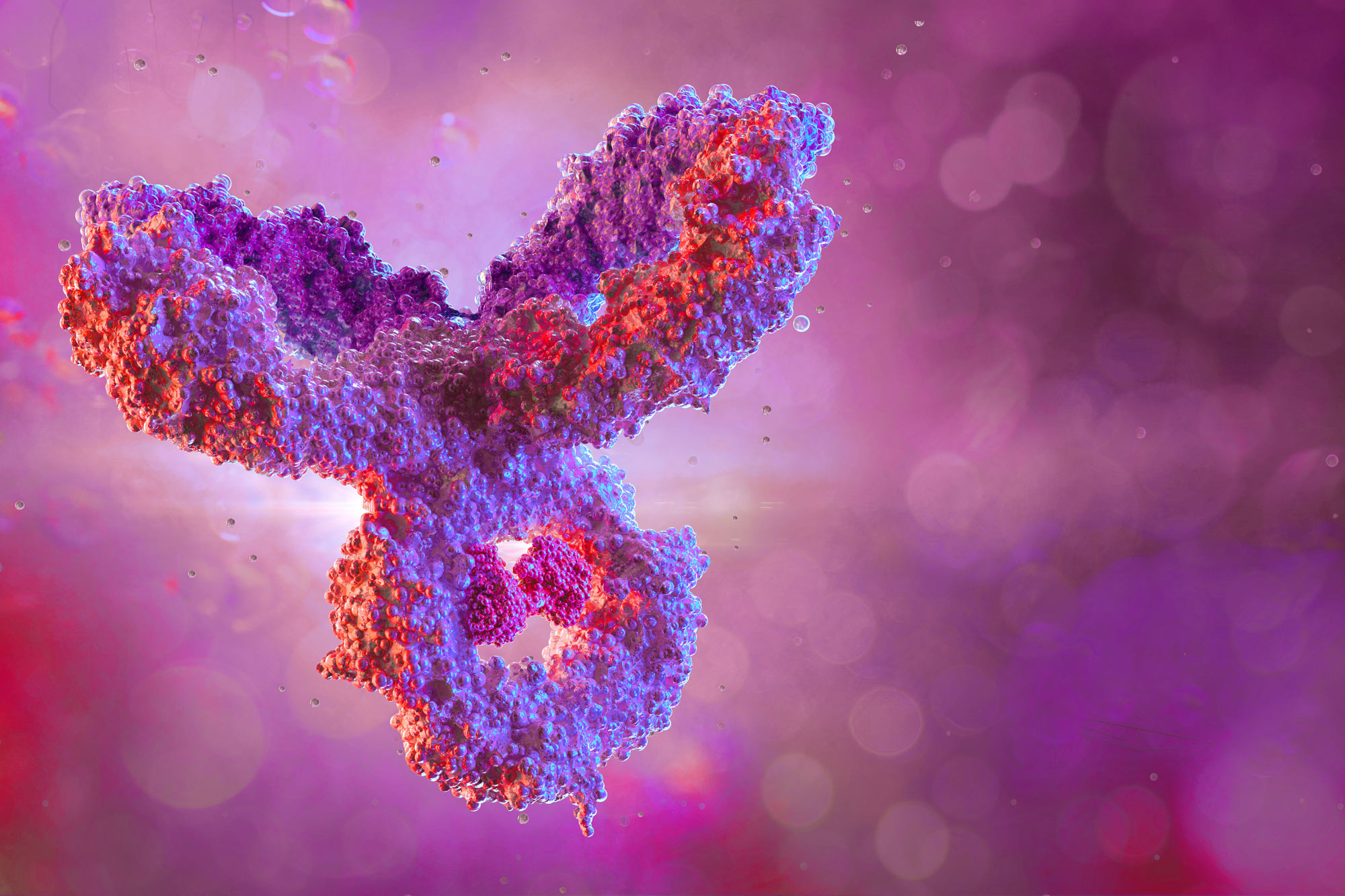
Accelerate research and innovation in the monoclonal antibody market
Our specialized team supports healthcare players in their innovation and development projects in the field of monoclonal antibodies, from chronic diseases to the use of bispecific antibodies for tumor targeting.
They trust us


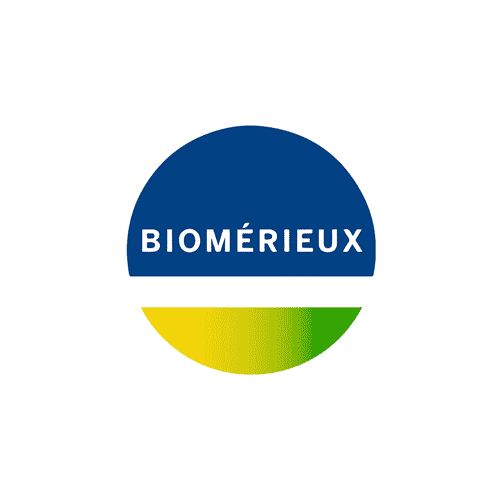


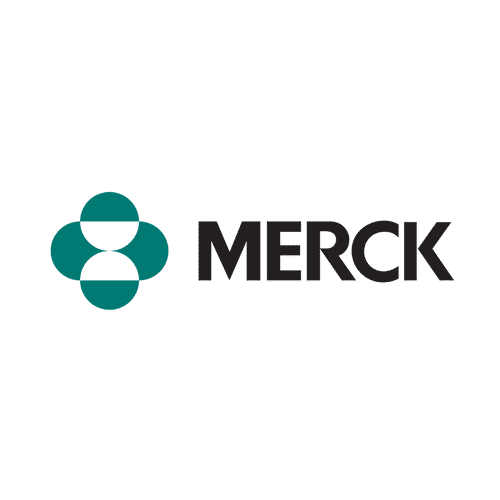

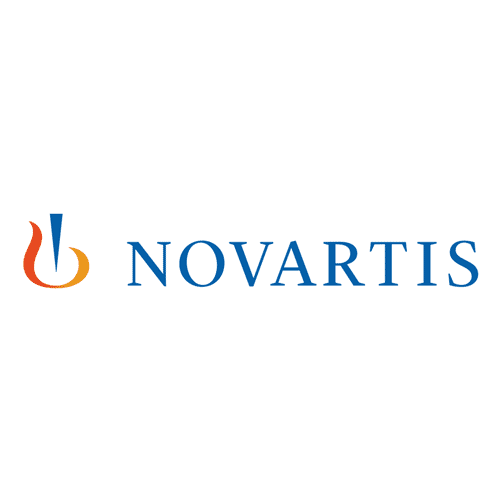

The challenges related to mAbs (monoclonal antibodies)
Monoclonal antibody usage in therapeutics is not new. The first therapeutic use of a mAb was granted approval in 1986 for kidney transplant rejection using an anti-CD3 antibody that was developed in a mouse. Because of its mouse origin, it caused side effects through the development of anti-mouse antibodies, which dramatically decreased the safety of the therapy. Since then mAbs are humanized to prevent this and there are more than 61 monoclonal antibody therapies on the market today. The number of monoclonal antibody therapies is likely to continue growing rapidly.
The main challenges for the mAb market are:
While mAbs therapies have been some of the most successful drugs ever marketed, many of the revenue leaders will be subject to patent expiration in the near future.
How do pharma companies protect their mAbs from generic competition? What elements of life cycle management are specific to monoclonal antibodies?
Monoclonal antibodies are overwhelmingly administered by intravenous injection in a hospital setting or an outpatient infusion center. This limitation in delivery may prevent mAb therapeutics from being accessible to a wider range of patient populations and indications. New delivery technologies are actively being discussed.
What role could oral delivery of mAbs play in opening up new markets? Are nebulizers better for delivering mAbs for acute respiratory infections like COVID-19?
Common side effects for monoclonal antibody therapies span from local infusion site reactions to serious side effects such as inflammatory heart and lung issues. Short half-lives and poor targeting also contribute to less than expected efficacy for many therapeutics. Finally, not all mAb antibody strategies translate well into other indications. For example, bispecific antibodies have performed well for hematological cancers, but have struggled in the clinic to achieve the same efficacy in treating solid tumors.
Can reformulation decrease the frequency and duration of adverse reactions without sacrificing efficacy? What is the role of adjunct therapies in increasing the efficacy and safety profile of current mAb therapies? How much of a role does half-life play in these safety and efficacy challenges?
How we support you in your projects related to mAbs (monoclonal antibodies)
Alcimed supports its clients in understanding the mAbs market in order to better understand the technical and safety challenges surrounding the technology and in the development of new monoclonal antibodies that meet the specific requirements of actors across a wide variety of therapeutic areas from infectious disease to oncology with cancer treatments.
We thus support decision-makers in the healthcare industry (executive committees, new product strategy, marketing, technology innovation, R&D, …) on exploring this market and in their mAB projects. We are well prepared to help our clients in pharma and biotech, both well-established and emerging, exploring this promising field, such as Eli Lilly, GSK, J&J, Roche, and Merck, just to name a few.
The wide variety of our clients (pharma players, biotechs, research centers, startups,…), from around the world, and of the types of projects we carry out, gives us a global and in-depth understanding of the changing dynamics in this rapidly growing field of monoclonal antibodies. When combined with our extensive expertise in infectious and chronic disease, and oncology, Alcimed can provide a comprehensive strategic outlook on just how ubiquitously mAbs can be leveraged as a therapeutic approach.
Examples of recent projects carried out for our clients in mAbs
Analyzing the receptivity of mAbs for the treatment of dermatological indications
Alcimed worked with a major pharma player to understand the potential receptivity of using life-extended monoclonal antibodies to manipulate the commensal bacteria found in the skin to prevent dermatological inflammation.
Alcimed analyzed the current treatment landscape, the unmet needs in the current standard of care, the lack of innovation in the space, and the receptivity to novel treatment strategies. Using this analysis, Alcimed was able to estimate the potential market sizes for both prophylactic and therapeutic indications across several geographies.
Our client could then select the right therapeutic target to add to their R&D pipeline for further exploration of the approach’s technical feasibility.
State of the art around anti-drug antibodies (ADAs) to determine the development strategy of mAbs in chronic diseases in animals
Alcimed worked with a major biotech player to conduct an in-depth analysis of the scientific publications related to ADAs for chronic diseases (particularly inflammatory diseases like osteoarthritis or rheumatoid arthritis) to characterize ADAs (etiology, formation mechanism,…) and assess their impacts on the efficacy of a mAb treatment in human and animal health.
Alcimed also identified the solutions to overcome those impacts either after treatment injection or at an early development stage and assessed the perception of ADAs by the scientific community and health authorities.
That understanding and analysis of the better ways to circumvent the potential hurdles associated to ADAs, from a scientific and regulatory prospective, allowed to inform on our client’s development strategy for a veterinary mAb.
Innovative packaging solutions for mAbs to be used in a go to market strategy
As seen before, one current limitation of mAbs is their delivery mode, that can restrict their access. One of our clients, a large biotech player, was developing a new Mab, from formulation to packaging.
On top of scientific and medical considerations, our client wanted to improve the patient and HCP experience with the product itself, during administration notably. We then mapped and characterized the current market standards for secondary packing on high-value injectables including mAbs.
The reception of such secondary packaging from both healthcare providers and patients was assessed to make critical packaging design decisions for a new product for the treatment of moderate-to-severe atopic dermatitis nearing market launch.
Assessing and prioritizing new oral delivery technologies for mAbs
Alcimed supported a major pharma player in creating a landscape of the most relevant players with technology platforms for oral delivery of mAbs and prioritized them based on development stage and technology platform.
Based on this landscape Alcimed also defined the strategic value arguments for utilizing oral delivery technologies for mAbs and assembled an expert advisory panel to aid in the adoption of such a strategy.
We could then select the right partners to move forward with, and refine our client’s strategy based on how favorable the environment is for the use of oral delivery for mAbs.
Seize opportunities in the monoclonal antibody market
The Alcimed team supports its clients in exploring the development potential of monoclonal antibodies (mAbs) across different therapeutic indications and in monitoring innovation developments to ensure mAbs can be used safely and effectively, with improved delivery options for a larger range of patients, from chronic diseases to the use of bispecific antibodies for tumor targeting. The recent success of COVID-19 mAbs in preventing and resolving severe disease highlights the importance of mAbs in infectious disease, especially for immunocompromised patients and in the context of a global pandemic.
The challenges related to monoclonal antibodies (mAbs)
Therapeutic use of mAbs is not new. The first therapeutic use of a mAb was granted approval in 1986 for kidney transplant rejection using an anti-CD3 mouse antibody. Its murine origin caused side effects due to the development of anti-mouse antibodies, which dramatically decreased the safety of the therapy. Nowadays, mAbs can be humanized to prevent this and there are more than 1601 monoclonal antibody therapies on the market. The number of monoclonal antibody therapies is expected to grow rapidly.
Identification of the best subpopulation of patients to be treated with a specific mAb
Alcimed supported a pharma company to identify the best subpopulation of patients with a specific medical condition to be treated with one of their therapeutic mAbs. To do so, our team first performed a segmentation of patients based on desk research and KOL’s opinions. Subsequently, we defined the most promising subpopulations to be treated with the mAb based on specific criteria and assessments. Finally, we elaborated 2 business case scenarios to predict the business potential of the use of the mAb to target identified subpopulations. Thanks to our work, our client received an extensive and complete overview of different subgroups among patients with the specific medical condition. Moreover, they finally got a clear understanding of the business potential of their mAb if they decided to target the selected subpopulations.
Landscaping and evaluation of companies with AI design and optimization capabilities for mAbs
Alcimed supported an industry leader in animal health to map companies offering generative AI solutions to support the discovery and optimization of therapeutic mAbs and to select the most promising ones to partner with. To do so, our team identified and mapped 110 companies worldwide with desk research and external interviews. We then strategically selected the 3 companies that best fit the needs of our client. Thanks to our work, our client now has a clear overview of the current landscape of companies offering AI technologies for mAb therapy discovery and development. Moreover, the client will run parallel trials with each of the 3 recommended companies to test their technology in therapeutic areas of interest.
You have a project?
To go further
Healthcare
3 innovative targets for checkpoint inhibition in cancer immunotherapy
Checkpoint inhibitors have been used to treat patients suffering from diverse types of cancer but they showed certain limitations in efficacy. To overcome this, new targets of checkpoint inhibitors ...
Healthcare
Molecular pharming: how plant-based pharmaceuticals can revolutionize drug development and manufacturing?
What are the benefits of molecular pharming? Why can plant-based pharmaceuticals be interesting pharmaceutical alternatives? Alcimed explored the potential of molecular pharming to revolutionize drug ...
Healthcare
The future of oral drug delivery : from nanotechnologies to electromechanical devices
With the advent of biological drugs, APIs have been growing in complexity and size, which has imposed significant hurdles for the development of oral dosage forms. What technologies are transforming ...
Founded in 1993, Alcimed is an innovation and new business consulting firm, specializing in innovation driven sectors: life sciences (healthcare, biotech, agrifood), energy, environment, mobility, chemicals, materials, cosmetics, aeronautics, space and defence.
Our purpose? Helping both private and public decision-makers explore and develop their uncharted territories: new technologies, new offers, new geographies, possible futures, and new ways to innovate.
Located across eight offices around the world (France, Europe, Singapore and the United States), our team is made up of 220 highly-qualified, multicultural and passionate explorers, with a blended science/technology and business culture.
Our dream? To build a team of 1,000 explorers, to design tomorrow’s world hand in hand with our clients.
Antibodies are proteins generated by B cells during an immune response that recognize a particular antigen epitope and drive a host of immune activities through the constant region opposite the antigen-binding sites.
When designed to only one specific antigen, utilizing a single constant region, the uniform pool of antibodies is called monoclonal and can be mass-produced for therapeutic use. The binding of monoclonal antibodies to their specific targets can drive tumor cell death, clearance of infectious agents and infected cells, and the stimulation of inflammatory mediators such as the complement cascade depending on the design of the mAbs.
The global monoclonal antibody market size is estimated to have been between $225 and $235 billion in 2023 and is expected to grow rapidly in the next years. Cancer is currently the largest segment followed by autoimmune diseases, infectious diseases and ophthalmology.
